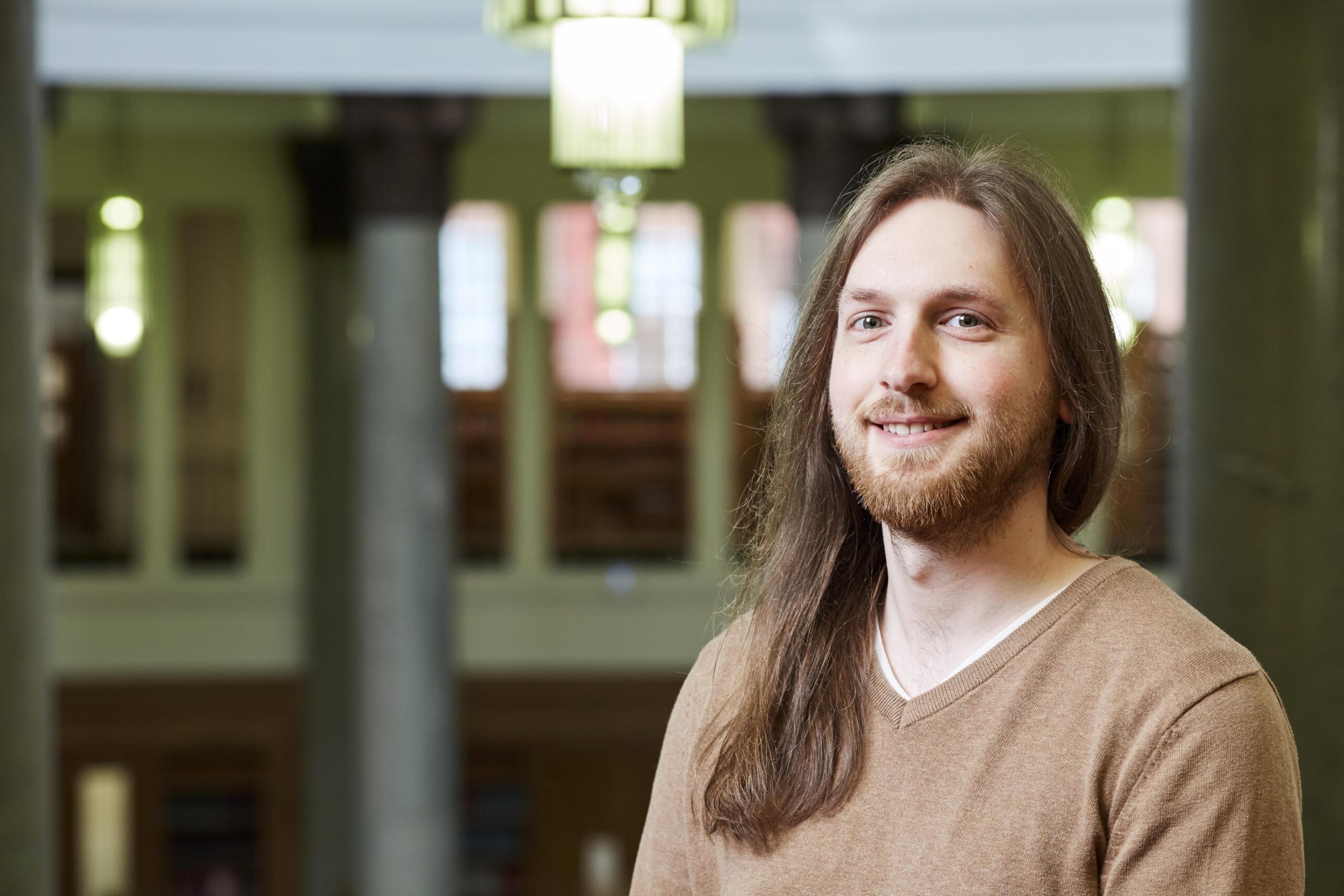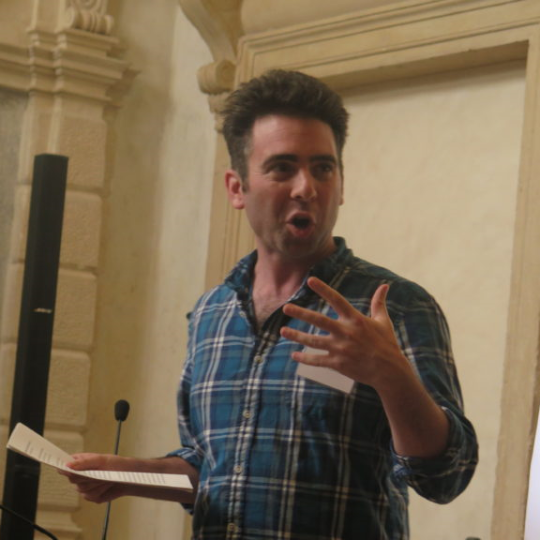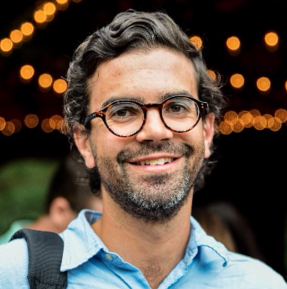2023 Winners
This year’s Review Panel (Mark Schroeder, chair; Christine Tiefensee and John Brunero) are pleased to announce the co-winners of this year’s Marc Sanders Prize in Metaethics: Paulina Sliwa (Vienna), for her paper “Changing Minds and Hearts,” and Caleb Perl (Australian Catholic University), for his paper “Normativity as Reactive Shield.” Their prize-winning papers will be published in Oxford Studies in Metaethics, volume 20.
The committee unanimously found both papers to be creative, well-conceived, well-crafted, insightful, and a delight to read. They believe Sliwa’s central concept of hermeneutical advice is going to attract a great deal of attention, even apart from the context of moral testimony in which it was raised. They found Perl’s paper to be a probing contribution to a central topic in metaethics and that it takes exemplary craftsmanship not only to see a view that requires multiple moving parts to work, but to present it in a way that feels both natural and focused.
Congratulations to Professors Sliwa and Perl on exemplary pieces of work that are a credit to the field of metaethics!














